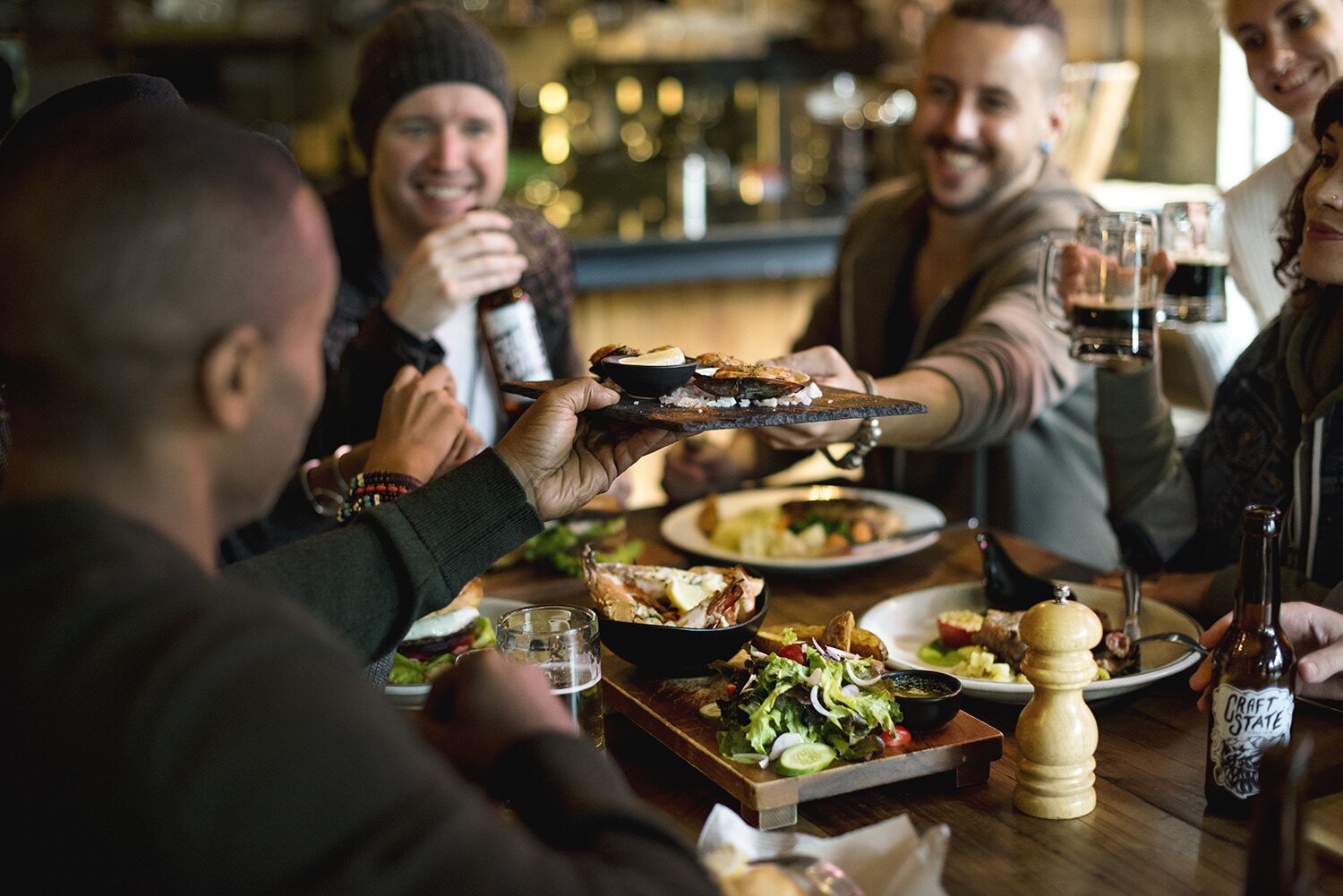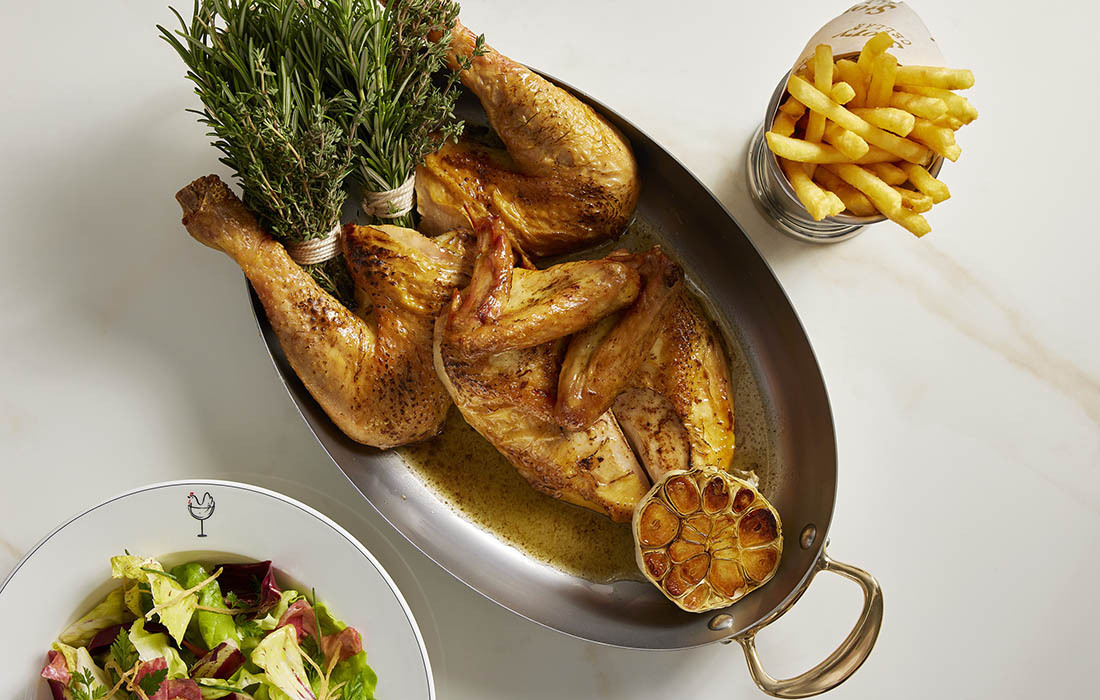Uncertainty dominates prices for the next quarter, says Lynx Purchasing
Reopening, coronavirus, Brexit and transport issues will all affect how your menu will look and cost. Buying specialist Lynx Purchasing has the low-down on buying smarter.
As the hospitality and catering sector focuses on reopening after the Covid lockdown, operators could be forgiven for hoping that the supply side of their business will look after itself, at least for the time being.
However, buying specialist Lynx Purchasing believes that operators who invest some time to look at their costs as part of their reopening strategy will be in a stronger position to plan menus with customer appeal, as well as delivering the margins necessary to rebuild the bottom line.
As Lynx Purchasing publishes the spring edition of its regular Market Forecast, Rachel Dobson, managing director, warns: “It doesn’t take too much uncertainty to disrupt the supply chain, and this spring there are a number of elements of unpredictability that are all arriving at once.

“The biggest factor among them is reopening itself. Suppliers are having to make educated guesses about levels of demand from their hospitality customers. In terms of numbers, we know that sadly not every business has survived the lockdown. Equally, while there seems to be a considerable level of pent-up consumer demand, it’s not clear whether there will be sustained high levels of spending on eating out, or just a burst of reopening activity that will taper off after a while.
“Added to this are the post-Brexit arrangements for food and drink imports into the UK, which haven’t yet been tested in terms of hospitality supply, due to the lockdown, and globally there’s a shortage of shipping containers, which is impacting the price of many food commodities. Covid is also a factor, with supplies from parts of the world that are still struggling with the pandemic likely to take longer to return to normal levels.”
The latest edition of the Market Forecast offers operators an in-depth look at pricing and product trends over the coming months, using data gathered from the range of suppliers that work with Lynx.
Dobson adds: “Factors such as provenance, seasonality and sustainability are increasingly important to consumers, so there are now even more opportunities for operators that focus their menus on fresh, seasonal UK produce when it’s at its best in terms of quality and availability.
“Fish and seafood is a good example. The fishing industry is reported to be struggling with exports due to increased bureaucracy, so operators who can use flexible menu descriptions, such as ‘market fish’ or ‘catch of the day’, will find there’s a choice of high-quality, good value produce from UK seafood suppliers. That also supports the seafood industry’s sustainability efforts, which have been in the media spotlight recently. As a general rule, the closer to home that chefs can buy fish and seafood, the better.”
As a general rule, the closer to home that chefs can buy fish and seafood, the better
Other menu areas that operators will need to be aware of over the coming months are as follows.
Meat and poultry
There has been a reduction in the total supply from meat and poultry producers in the UK and Ireland which, combined with continued strong retail demand, is likely to mean higher prices and lower availability for hospitality, particularly of more popular cuts, across the spring and summer.
The arrival of the barbecue season will see increases in demand for steak, burgers and poultry. With lamb prices also high, pork is likely to represent the best value for operators.
Dairy
Increases in cattle feed prices are expected to filter through into the cost of milk, butter and cheese, although a slight increase in UK dairy production is forecast this year, which could help to balance this.
The export challenges that premium UK cheese producers have faced since the start of the year offer opportunities for hospitality operators to feature local cheeses on menus.
Potatoes
The shutdown of foodservice across much of Europe led to a surplus of frozen chips and some good value pricing. However, as the hospitality sector reopens, demand and prices will return to more normal levels.
The first of the 2021 Jersey Royal potatoes are now available, although these are polytunnel- grown and more expensive, with the outdoor harvest due later in the spring. Cyprus potatoes are also coming into season, and are good quality ahead of the UK crop in the summer.
Fruit and vegetables
Fresh produce suppliers have factored in the increased time and paperwork involved in importing from Europe post-Brexit, but this inevitably has some impact on price. On the plus side, this has seen some UK producers gear up to increase crops of a range of produce, including asparagus, tomatoes, cabbage, broccoli and soft fruits.
While there are still concerns about the availability of experienced pickers and packers, if this can be addressed, there will be a good choice of seasonal British produce for spring menus.
Store cupboard
Products such as sugar, rice, wheat, fruit juice and vegetable oil, which are traded globally, are particularly affected by higher transport costs, with prices likely to increase across the rest of the year. Higher retail demand for these commodities also continues to have an impact on hospitality prices.
Dobson adds: “We’re advising our customers to plan for higher levels of inflation later this year. While suppliers have been able to absorb increases during the lockdown to an extent, operators will need to stay alert to likely changes in pricing and budget accordingly.
“With imports, wholesalers will factor in any increased time necessary for goods to pass through the ports, but any unexpected peaks in demand, such as higher orders for salads if we’re lucky enough to have a heatwave, will test the system.
“Our key advice is to work with trusted suppliers. It may be that operators need to strike a balance between the established wholesale suppliers, who have worked hard to put secure arrangements in place to ensure availability, and their more local suppliers.
“Where genuinely local provenance adds value for customers, it’s worth seeking out, but there are many areas of the menu where local doesn’t automatically mean cheaper or better.”
Lynx Purchasing

Lynx Purchasing works with more than 2,200 accounts in the hospitality and catering sector, on a no-membership and no-contract basis that offers like-for-like products at lower prices and often better quality than operators could obtain by negotiating alone.
As purchasing professionals, Lynx works with leading suppliers in the hospitality and catering industry. These include specialist fresh food suppliers, wines and spirits, catering equipment providers, utilities, and specialist service providers such as telecom, business rates consultancy and waste management.
A free copy of the spring 2021 Market Forecast can be downloaded from the website. Keep up to date with Lynx Purchasing through LinkedIn.
For more information call 01325 710143 or email hello@lynxpurchasing.co.uk.
*Featured image: Rawpixel.com/shutterstock.com
















